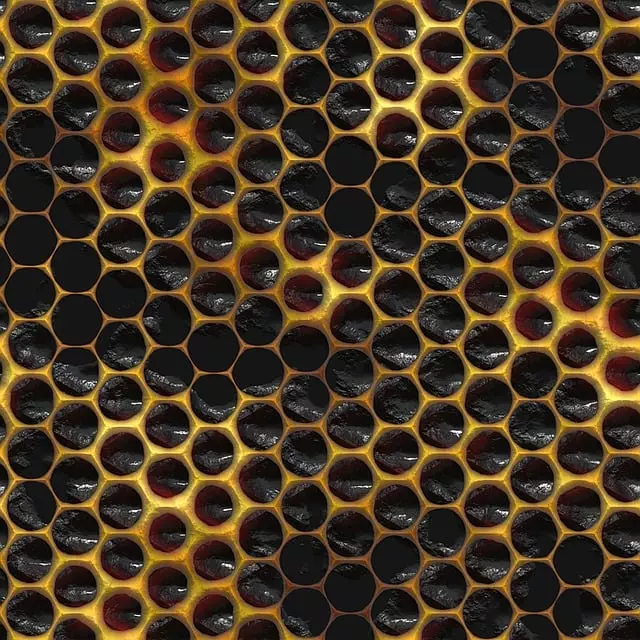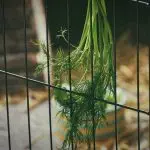Kava tea, a traditional Pacific Island drink made from Centella asiatica (kava plant) root, has gained global recognition as a natural anxiety reliever. Its unique chemical composition interacts with neurotransmitters like GABA to reduce anxiety without drowsiness. Research supports its effectiveness in reducing anxiety and improving sleep quality, offering a promising natural alternative to kratom capsules for sale that have potential dependencies. Kava tea is prepared by steeping ground kava roots and is typically consumed in small servings (1-2 cups) several times daily for optimal benefits.
Discover the calming power of kava tea, an ancient herbal brew with a modern twist. This natural remedy, rooted in Pacific Island traditions, is gaining popularity as a safe and effective way to manage anxiety. From its historical use in tribal ceremonies to its scientific validation, kava tea offers a unique approach to relaxation. Learn how it can provide anxiety relief without the side effects of conventional medications. Explore preparation methods and dosage guidelines to unlock the benefits of this herbal drink.
- Understanding Kava Tea: Origins and Historical Use
- The Science Behind Kava's Relaxant Properties
- Benefits of Kava Tea for Anxiety Relief
- Exploring Kava Tea Preparation and Dosage
Understanding Kava Tea: Origins and Historical Use

Kava tea, derived from the root of the Kava plant (Centella asiatica), has a rich history dating back thousands of years in the Pacific Islands. Traditionally, this herbal drink has been used for its calming and anxiety-relieving properties by indigenous communities across Fiji, Samoa, and other South Pacific nations. The preparation method involves chewing or brewing the dried kava root to extract its active compounds, which then produce a soothing beverage with a unique flavor profile.
Over time, kava tea’s popularity has spread globally, gaining recognition for its potential benefits in promoting relaxation and managing stress. Its historical use as an herbal remedy underscores the plant’s significance in traditional medicine systems, offering an alternative approach to calming frayed nerves and alleviating anxiety symptoms, especially when compared to modern solutions like kratom capsules for sale.
The Science Behind Kava's Relaxant Properties

Kava tea, derived from the root of the Plantage gaumeri (or Piper kava), has been a staple in Pacific Island cultures for centuries as a natural relaxant. Its unique chemical composition, rich in compounds like kavain and dihydrokavain, contributes to its calming effects on the mind and body. These compounds interact with neurotransmitters in our brain, specifically targeting gamma-aminobutyric acid (GABA) receptors, which are key players in regulating anxiety and stress responses. This interaction leads to a reduction in overall nervous system activity, resulting in feelings of relaxation without drowsiness.
Research has backed up these traditional uses, showing that kava can effectively reduce symptoms of anxiety and promote better sleep quality. Studies have even compared its effectiveness to common anti-anxiety medications, such as those containing diazepam, finding kava to be a promising natural alternative. Moreover, kava’s lack of addictive properties makes it an appealing option for those seeking long-term solutions for managing stress and anxiety, especially when compared to kratom capsules for sale, which have varying effects and potential dependencies.
Benefits of Kava Tea for Anxiety Relief

Kava tea, derived from the root of a plant native to the Pacific islands, has gained attention as a natural remedy for anxiety relief. Its calming effects are attributed to several key compounds that work synergistically to promote relaxation. One of these compounds, kavalactones, is known for its ability to interact with GABA receptors in the brain, enhancing the production of this neurotransmitter associated with calmness and reducing feelings of stress and anxiety.
Regular consumption of kava tea can help reduce symptoms of anxiety disorders without the side effects often associated with pharmaceutical medications. Unlike kratom capsules for sale, which have varying potency and potential dependence issues, kava offers a gentle yet effective approach to managing anxiety. Its popularity in promoting relaxation has led many people to incorporate it into their daily routines as a natural way to unwind after a long day or manage persistent anxiety symptoms.
Exploring Kava Tea Preparation and Dosage

Kava tea, derived from the root of the Kava plant (Piper methysticum), has been a traditional beverage in Pacific Island cultures for centuries, renowned for its calming effects. To prepare kava tea, start by grinding fresh kava roots into a fine powder. This can be done using a mortar and pestle or a specialized grinder. Next, steep the ground kava in hot water, typically for around 10-15 minutes to extract its active compounds. The ideal dosage varies, but generally, a small serving (around 1-2 cups) several times a day is recommended. It’s important to note that while kava tea is widely available in kratom capsules for sale online and in stores, proper preparation ensures you get the best experience and benefits from this ancient herb.
Kava tea, with its rich history and scientific backing, emerges as a powerful herbal ally for those seeking anxiety relief. By understanding its origins and the science behind its effects, individuals can harness the benefits of this ancient beverage to promote relaxation and manage stress. While kratom capsules for sale may be readily available, kava tea offers a natural alternative with distinct advantages. Exploring its preparation and dosage ensures optimal benefits, making kava tea a worthy addition to any wellness routine aimed at calming anxiety and enhancing overall well-being.






